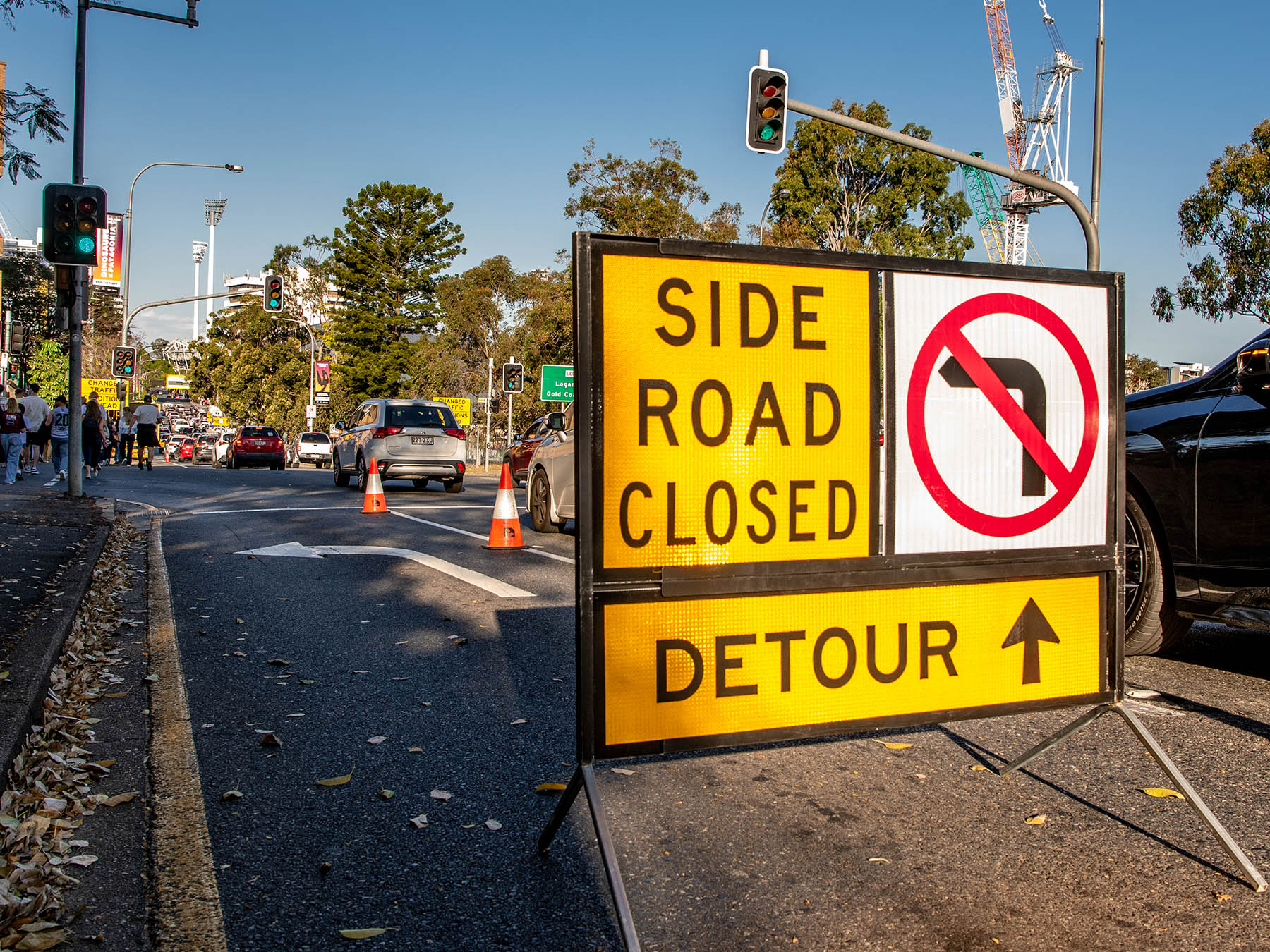Traffic management is a crucial aspect of urban planning and transportation infrastructure. It ensures the safe and efficient flow of vehicles, pedestrians, and goods on roads and highways. If you have an interest in this field and want to explore traffic management careers, you’re in the right place. In this blog post, we will discuss various career paths and opportunities within the traffic management industry.
Traffic Engineer
Traffic engineers play a pivotal role in designing and optimising traffic systems. They analyse traffic patterns, conduct feasibility studies, and develop traffic control plans. To become a traffic engineer, you typically need a bachelor’s degree in civil engineering or a related field. Many traffic engineers also pursue advanced degrees or certifications in transportation engineering.
Transportation Planner
Transportation planners focus on long-term strategies for improving transportation systems. They work on projects like public transit development, road network expansion, and traffic signal synchronisation. A bachelor’s degree in urban planning, geography, or a related field is often required for this career path. Additionally, certification from organisations like the American Institute of Certified Planners (AICP) can enhance your qualifications.
Traffic Technician
Traffic technicians assist in the implementation of traffic control plans and systems. They are responsible for maintaining traffic signals, signs, and pavement markings. This role often requires technical training or an associate’s degree in traffic management, electronics, or a related field.
Traffic Management Specialist
Traffic management specialists work with government agencies and private companies to optimise traffic flow and reduce congestion. They may use advanced technologies like traffic simulation software and intelligent transportation systems (ITS) to achieve their goals. A bachelor’s degree in traffic management or a related field is typically required, along with strong analytical and problem-solving skills.
Traffic Safety Analyst
Traffic safety analysts focus on reducing accidents and improving road safety. They collect and analyse data on traffic crashes, identify high-risk areas, and develop safety improvement plans. A background in statistics, data analysis, or a related field is valuable for this career. Many traffic safety analysts work for government agencies, such as state departments of transportation.
Traffic Control Officer
Traffic control officers, also known as flaggers, are responsible for directing traffic at construction sites, road closures, and special events. This role typically requires on-the-job training and certification, which varies by location. It’s an entry-level position that can lead to other traffic management careers.
Traffic Management Consultant
Consultants provide expertise to businesses and government agencies seeking to improve their transportation systems. They may work on traffic impact assessments, parking studies, and transportation demand management strategies. Consultants often have backgrounds in engineering, planning, or management and may run their consulting firms or work for established firms.
Public Transportation Planner
Public transportation planners focus on creating and enhancing public transit systems. They develop routes, schedules, and policies to make public transportation more efficient and accessible. A background in urban planning, public administration, or transportation engineering is beneficial for this career.
Contact us Today
Entering a career with such a wide range of opportunities can be daunting, at Global Training Services, we support you on your first steps in this industry. For more information on our upcoming Traffic management and control courses, click here to view our upcoming calendar, or contact us here.


